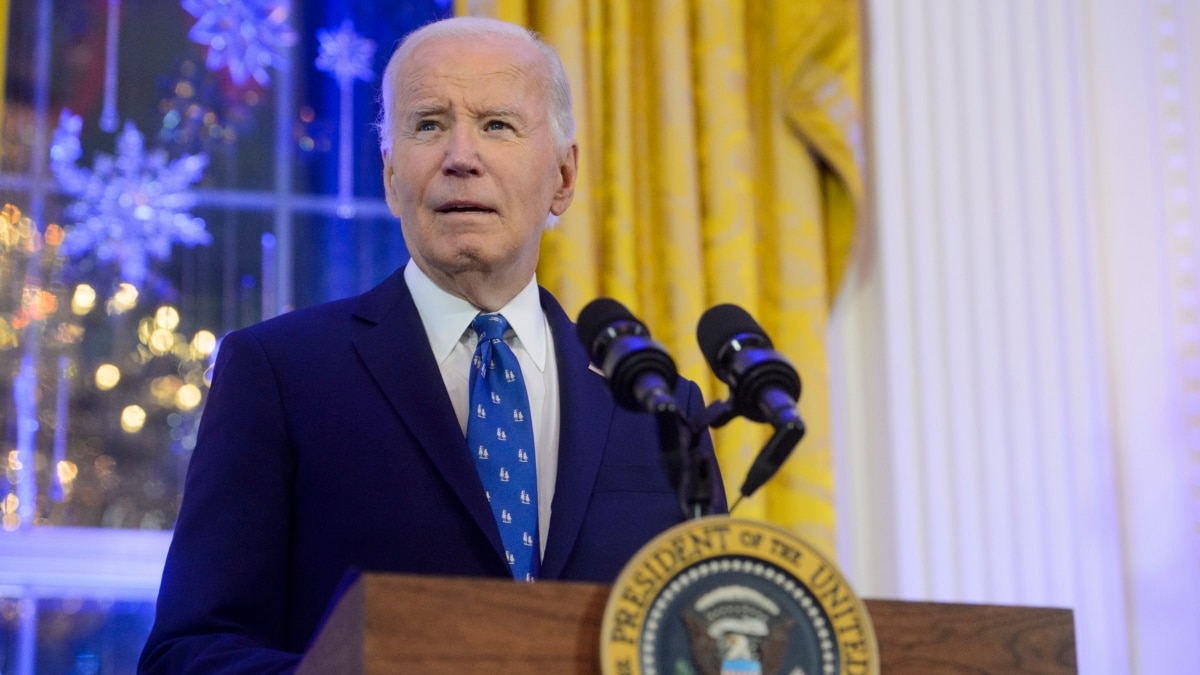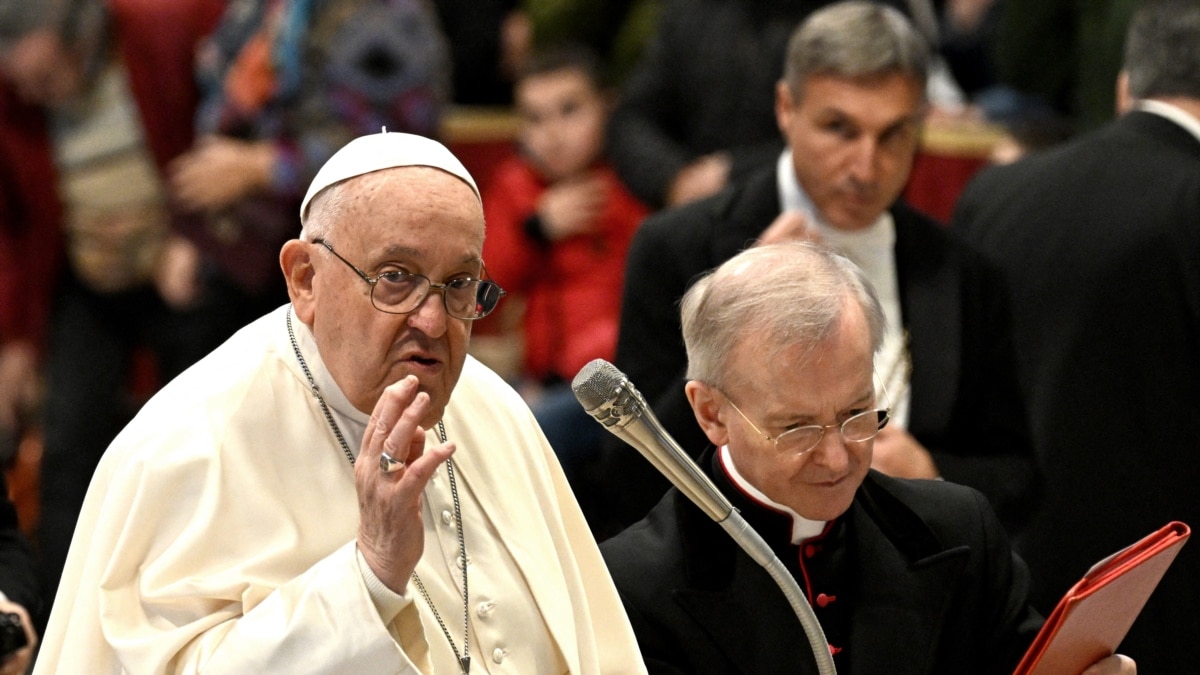Israeli forces enter southern Gaza’s largest city
Israeli troops were fighting in the heart of Khan Younis, southern Gaza’s largest city, a military commander said yesterday, describing some of the heaviest combat of the two-month war.
After days of warning civilians to leave the city, Israeli forces stepped up their attacks overnight. Intense bombing was heard yesterday from inside Nasser Hospital, the city’s largest medical facility, where many Palestinians who have sought shelter were sleeping in hallways.
The push into the south comes after a seven-day cease-fire ended Friday, and weeks after Israeli forces invaded northern Gaza. Israel is under increasing international pressure not to repeat the level of civilian deaths and physical destruction inflicted in the north, but reports from Gaza show no change in the intensity of the military operations or resulting casualties.
The U.N. office for humanitarian aid said that the period from Sunday to Monday afternoon “saw some of the heaviest shelling in Gaza so far.” As a result of the renewed fighting, Gaza’s humanitarian crisis is deteriorating by the hour, the World Health Organization said.
Zelensky canceled a session with U.S. senators before aid vote
President Volodymyr Zelensky of Ukraine canceled plans yesterday to make a direct, last-ditch appeal to U.S. senators for tens of billions of dollars more in emergency military aid. Zelensky had planned to speak to senators in a classified briefing via confidential video call, a day before a vote that was expected to show growing opposition in Congress for continuing to fund the war effort.
“Something happened at the last minute,” Senator Chuck Schumer of New York, the majority leader, said yesterday, announcing the change in plans without giving further explanation.
Zelensky’s remarks were part of an effort by Democrats and the White House to wear down Republican resistance to a bill that would provide more than $61 billion for Ukraine. Ukraine urgently needs more ammunition and other weapons to try to turn the tide on the battlefield. The alternative would be “catastrophic,” Mykhailo Podolyak, an adviser to Zelensky, said yesterday.
Moody’s lowers China’s credit rating outlook
In another blow to China’s economy, the credit ratings agency Moody’s cut its view of the country’s finances to negative, saying it was concerned about the potential cost of local government bailouts.
Moody’s warned that the economy was settling into slower growth as its enormous property sector was beginning to shrink. At the same time, Moody’s reaffirmed its overall A1 credit rating for the Chinese government.
Xi asserts control: The Communist Party released a document that made clear that it expected banks, pension funds, insurers and other financial organizations in China to follow Marxist principles and pay obedience to Xi Jinping, China’s leader.
Evergrande’s crash: Blame for a property developer’s downfall has been placed on Chinese lending policies, but questionable accounting and poor corporate oversight had already sent the company careening toward catastrophe.
THE LATEST NEWS
Around the World
Mexico’s complicated relationship with corridos tumbados
The pop music phenomenon corridos tumbados combines singing and rapping with melodies from traditional Mexican music, along with lyrics inspired by narcocorridos — songs that tell stories of the drug trade.
“It’s the most exciting moment in Mexican music in 20 or 30 years,” one music producer said. Artists have tapped into “the relationship with violence, the relationship with the street, with politics, with what’s happening with fashion.”
While artists can draw thousands of young fans across the world, back home, they often find themselves in contested territory, where the drug war isn’t a dramatic fantasy but a bloody daily reality. Concerts have been canceled over security threats, and Tijuana recently banned corridos tumbados in all public spaces with fines up to $70,000.




